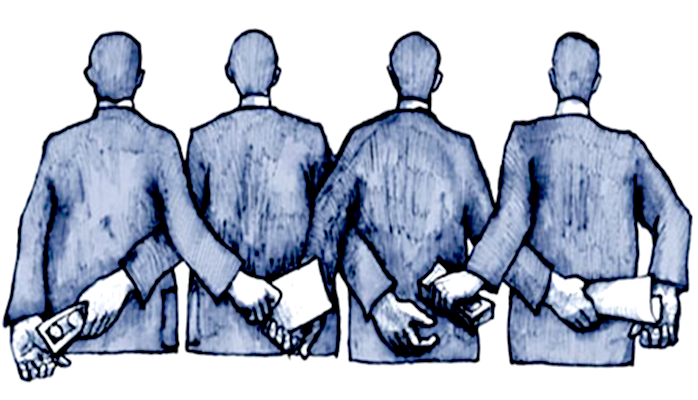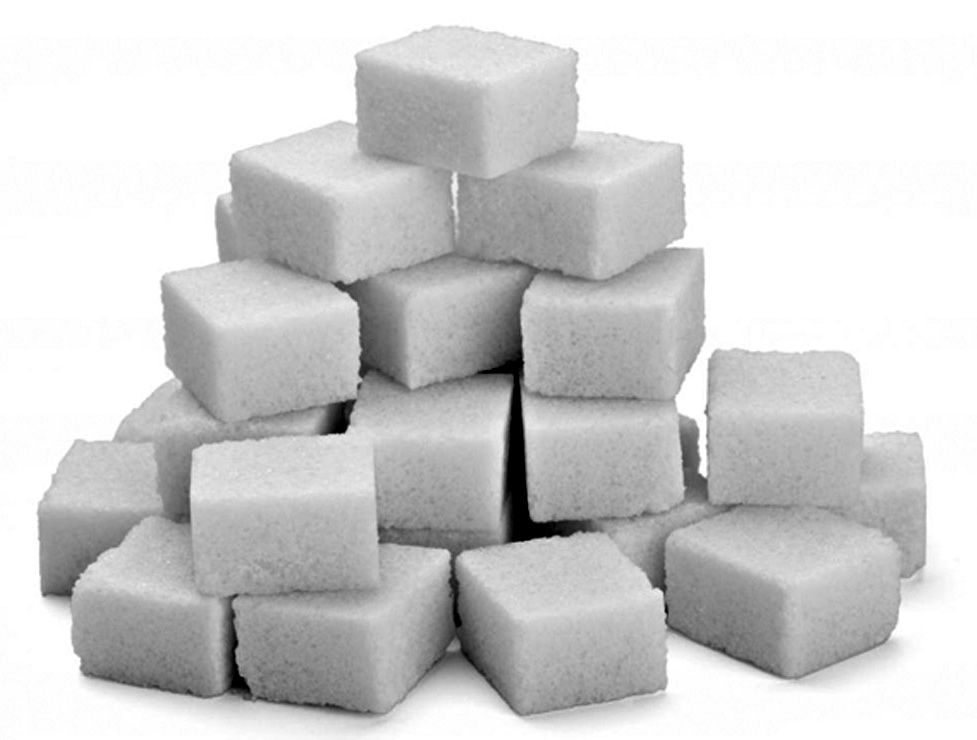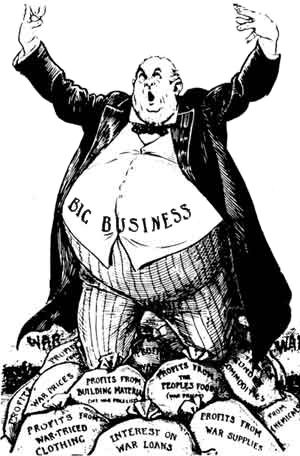
According to the World Bank, Armenia’s economy is the most highly monopolized among the former Soviet and Eastern European Republics.
A score of monopolies made it possible for a small number of people to accumulate enormous wealth and political capital.
In recent years, institutional economics has been on the forefront of economic development theory. Nobel laureates Ronald Coase, Douglas North, Elinor Ostrom, Oliver Williamson, all representatives of this school of economics, argue that institutions have a considerable impact on human behavior and economic development.
Daron Acemoğlu, Professor of Economics at the Massachusetts Institute of Technology and James Robinson, Professor of Government at Harvard are also representatives of this school of thought. In their book Why Nations Fail, they argue that institutions at work within a certain society are the main factors of a country’s development. According to the authors, institutions condition behavioral incentives and therefore shape the rules that drive a society. Utilizing interesting examples, Acemoğlu and Robinson illustrate why geography, culture and the mindset of people play a secondary to a society’s development.
Acemoğlu and Robinson classify institutions into two groups - inclusive and extractive. Inclusive institutions give people from a broad social spectrum access to resources and therefore encourage them to play an active role in the economy of the country. They also offer a high level of private property security, which encourages individuals to take active investment decisions. Inclusive institutions allow for long-term development.
In case of extractive institutions, the political and economic leverage is in the hands of a small group of people. This limits the active participation of people from across the social spectrum in the economy and results in long term economic crisis/stagnation.
The Armenian Reality
It is obvious that Armenia is governed by extractive institutions; the monopolized economy and the dominant position of the Republican Party of Armenia in the political arena, bars not only political but also economic competition.
According to a 2013 World Bank report, Armenia’s economy is the most highly monopolized among the former Soviet and Eastern European Republics. The sugar, banana and a score of other monopolies made it possible for a small number of people to accumulate enormous wealth and political capital. As is characteristic of authoritarian countries, in Armenia too, political and economic monopolies have become collaborative tools.
One of the most monopolized areas of the Armenian economy is the production and import of sugar. In June 2016, the Minister of Economy, Ardzvik Minasyan suggested that the import of sugar become monopolized by law. The Minister insisted that the sugar plant in Akhuryan was operating at only 25-30 percent of its capacity and proposed that the company have the legal sugar monopoly to be able to operate to up to 90 percent of its capacity. In fact, the plant that belongs to Samvel Alexanyan, has been operating since 2010 and de facto enjoys the monopoly of importing and processing sugar, but its production capacity has not grown.

In 2015, Armenia consumed about 53 thousand tons of sugar and in 2016, about 54 thousand tons. If the price of sugar goes up by 50 drams for the local sugar plant to work in full capacity, that would cost citizens 2.6 billion drams.
During the opening of the plant in 2010, President Sargsyan announced, “I think soon enough Armenia will have no need to import sugar because the quality of the sugar from this plant will be supreme and it will be more affordable than sugar processed elsewhere.” And as is often the case, Serzh Sargsyan’s prediction did not come true. Armenia continues to import sugar; 107 tons imported in 2014 and 62 tons in 2015.
If the Akhuryan sugar plant wishes to expand its capacity, it will be necessary to raise the price of sugar. The plant that has been operating since 2010 is unable to increase production at current market prices. In 2015, Armenia consumed about 53 thousand tons and in 2016, about 54 thousand tons of sugar. If the price of sugar goes up by 50 drams for the plant to work in full capacity, that would cost citizens 2.6 billion drams. That is, Armenia’s population will have to approximately pay that much for Samvel Alexanyan’s Akhuryan sugar plant to work at full capacity and bring in revenue.
In the event of potential competition in the sugar market, the price of sugar will go down. If sugar is only 50 drams cheaper, citizens will save 2.6 billion drams, which could potentially be the basis of business development. More or less the same monopoly reigns in the banana market, which is controlled by Mihran Poghosyan, a Republican Party parliamentarian.

The main obstacles to Armenia’s economic development are the political and economic institutions, which prevent people from different social backgrounds from benefiting from economic and political opportunities.
Samvel Alexanyan who has the monopoly on the production and import of sugar and Mihran Poghosyan who has the monopoly on banana imports, have used their political leverage to acquire these monopolies and have used their accumulated wealth to bribe voters into electing them to parliament on the Republican ballot during the April 2 elections. In doing so, they have not only ensured their monopolies but have helped the Republican Party of Armenia reinstate its political monopoly. The monopolization of the political arena blocks the possibilities of economic development and directs power to the hands of a select few. This, in turn, blocks the possibility of a peaceful regime change.
Monopolies also have a negative effect on the potential of foreign direct investments in Armenia’s economy. Since 2008, the current government has adopted a model of governance which attempts to control all financial resources; no economic resource is to be left out of supervision. This is the reason why the government, instead of giving state employees a raise, decided to offer social (benefit) packages. This way, the government will still be in change of the financial means. If people had additional income, they could utilize the funds as they wished, instead, the government decided to direct these funds to areas under its control.
The reform of the pension system is a similar attempt. By raising the tax by 5 percent, the government tries to supervise the financial means of its citizens because it feels threatened by unsupervised resources. In fact, by holding on to those financial resources, the government limits the rights of citizens to freely manage their own funds.
Therefore, it is key for the government to make sure that no steps are taken outside the parameters of its will. The attempt to establish absolute control over the financial sector has resulted in the government obstructing investments; this is the reason behind the creation of an unfavorable investment environment in Armenia. As a result, investments in Armenia are rapidly subsiding. In 2011, foreign direct investments in Armenia amounted to $816 million, in 2012 it was $751 million, $597 million dollars in 2013, $167 million in 2014, and $118 million in 2015. The reasons behind the decline of foreign investment in Armenia are the institutions tasked to govern Armenia's financial resources. These oppressive institutions hinder investment and curtail financial development, which in turn challenges Armenia’s security.
Armenia also happens to have areas where the elimination of monopolies resulted in rapid change. In 2005, the emergence of the second mobile operator (Vivacell- MTS) and then the third operator (Orange Armenia) in 2009 into the Armenian market inserted quick change in the industry and the area of telecommunications started to rapidly evolve. An example of how a domain can register competitive results within a short period of time if you change the rules at play within the industry and open it up to the competitive market. VivaCell-MTS and Orange Armenia have created about 2,000 jobs, and made services more affordable. Up until 2005 the price per minute was 250 drams, today it is 25 drams per minute.
Thereby, the main obstacles to Armenia’s economic development are the political and economic institutions, which prevent people of different social backgrounds from benefiting from economic and political opportunities. As a result, national wealth and political power is concentrated in the hands of a select few and to maintain power, they try to have an even tighter grip on the levers of power, which in turn obstructs the country’s development.



